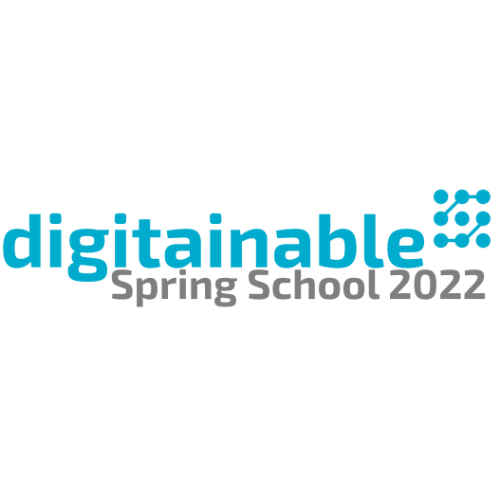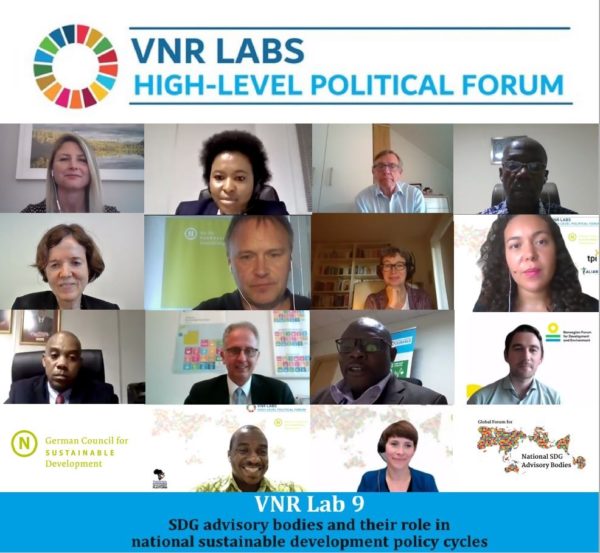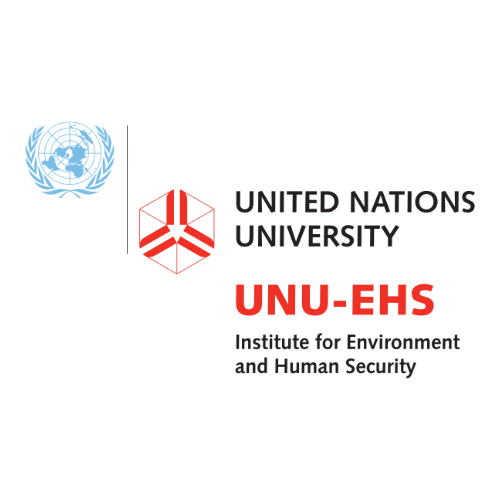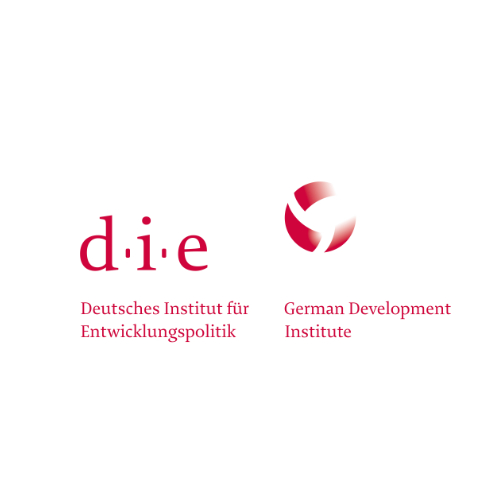
Happy Holidays!
The year 2021 is coming to an end and we would like to take this moment to look back on special successes and highlights.

The year 2021 is coming to an end and we would like to take this moment to look back on special successes and highlights.

We are pleased to invite you to the Digitainable Spring School 2022 „Towards Sustainability with Digitalization and Artificial Intelligence“ taking place online March 4-11, 2022.
APPLICATION OPEN UNTIL JANUARY 20, 2022!

The head office of the Bonn Alliance and the working group “Alternative Sustainabilities” (working title) at the University of Bonn are addressing scientists at all career levels and from different disciplines with a short online survey to collect diverse approaches to what we call “sustainability”, especially by activating knowledge from regional sciences and from context-specific research projects.

In 2021, the deliberations of the High Level Political Forum on Sustainable Development (HLPF) were again held virtually. They were dedicated to the possibilities and perspectives of sustainable and resilient crisis management on the occasion of the COVID-19 pandemic, in terms of an inclusive and effective implementation of the 2030 Agenda. The German Development Institute / Deutsches Institut für Entwicklungspolitik (DIE) was represented by its high-ranking representative, Deputy Director, Prof. Dr. Imme Scholz in various discussions.

28 experts from different disciplines, including 6 authors from UNU-EHS, joined forces for a review of 529 English-language peer-reviewed articles published between 2000 and 2019 on topics related to ecosystem-based disaster risk reduction (Eco-DRR).

Droughts affect millions of people and many domains, and incur costs that are mostly laid on the shoulders of the most vulnerable. Impacts are widespread, ranging from agricultural and energy production to human health and biodiversity, and even tourism.

In the run-up to the Bundestag elections, DIE would like to invite to a debate on the understanding of development and the orientation of development policy. As a frame for the series, Prof. Dr Anna-Katharina Hornidge and Prof. Dr Imme Scholz have outlined guidelines for German development policy in the 21st century.

World Refugee Day is an international day designated by the United Nations to honour refugees around the globe. It falls each year on June 20 and celebrates the strength and courage of people who have been forced to flee their home country to escape conflict or persecution. World Refugee Day is an occasion to build empathy and understanding for their plight and to recognize their resilience in rebuilding their lives.

This past Saturday marked World Environment Day, and in the spirit of the day, students and alumni from the Joint Master’s of Geography of Environment and Human Risk programme gathered in Bonn’s Rheinaue park to pick up trash.

The ocean covers over 70% of the planet and produces at least 50% of the planet’s oxygen. For this and many other important reasons, and to celebrate the World Oceans Day, our UNU-EHS expert Dr. Jack O’Connor explains some interesting facts about the ocean and its relationship with life and livelihoods.
German Institute of Development and Sustainability (IDOS)
Tulpenfeld 6
53113 Bonn